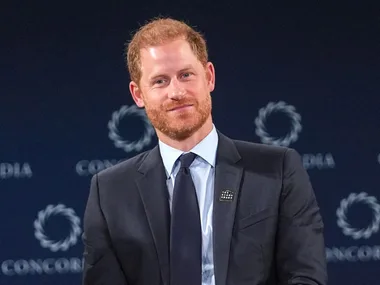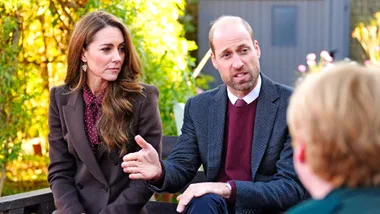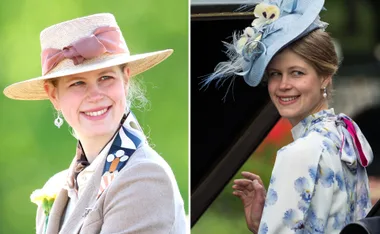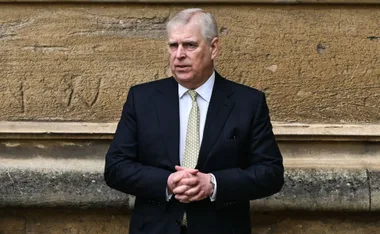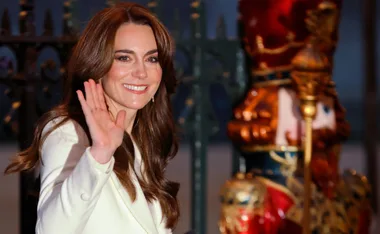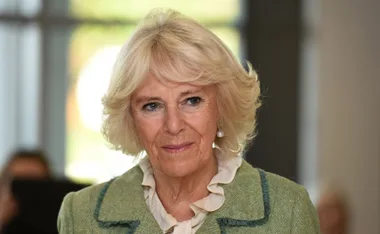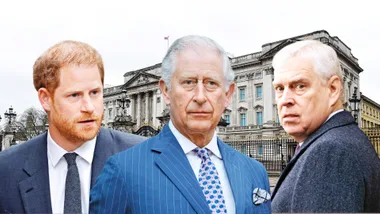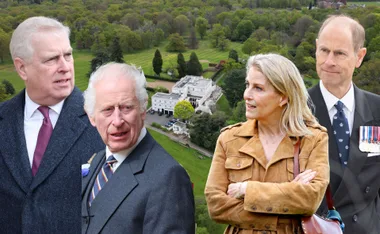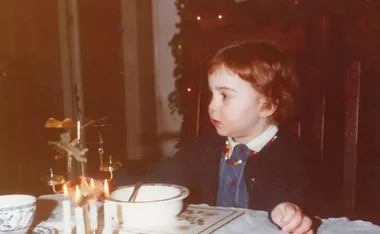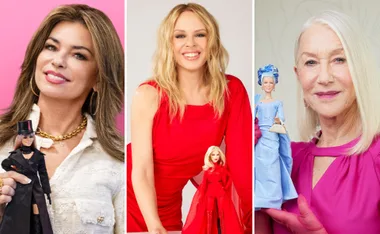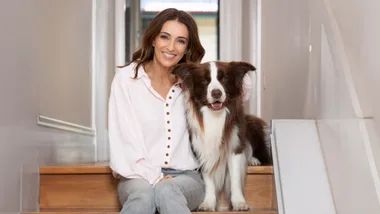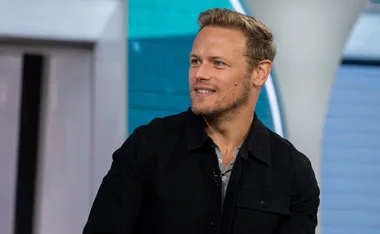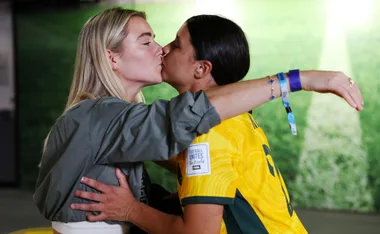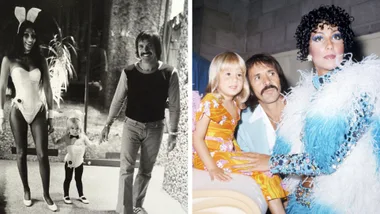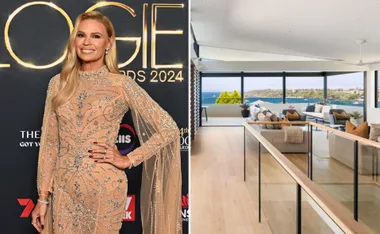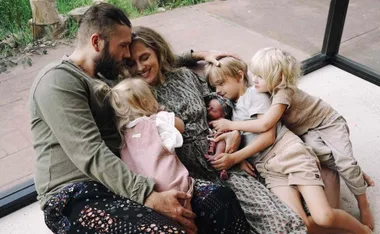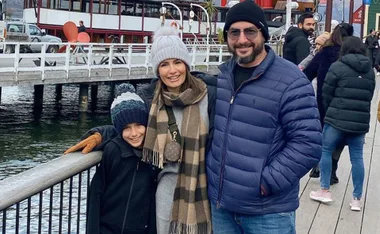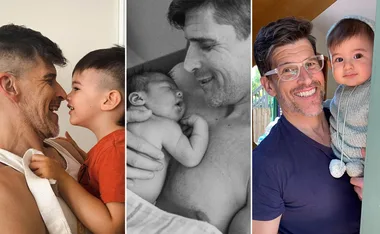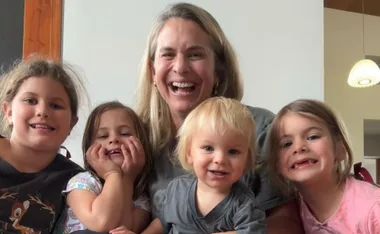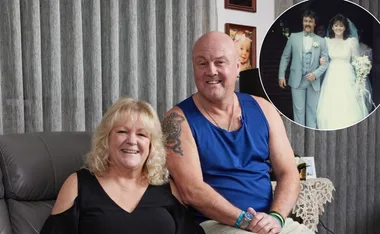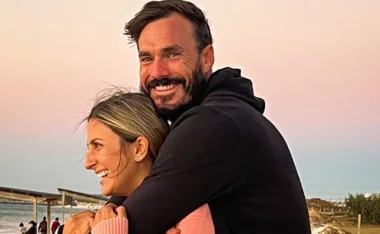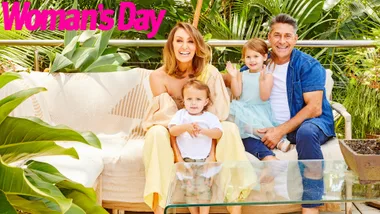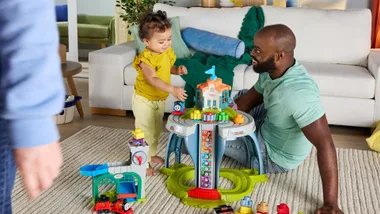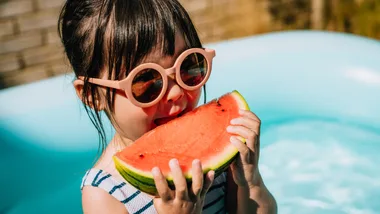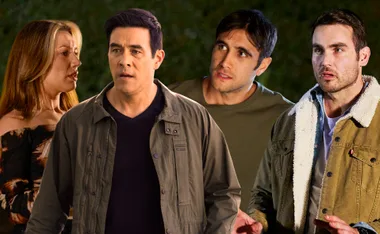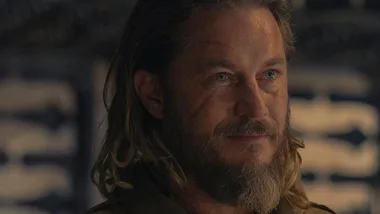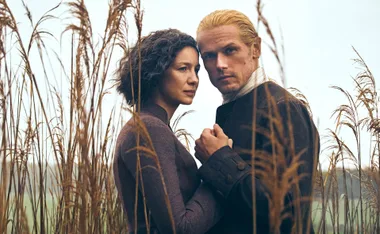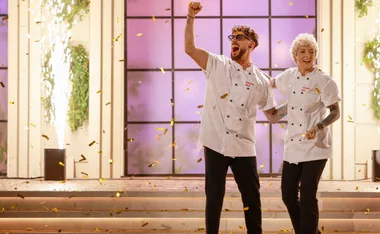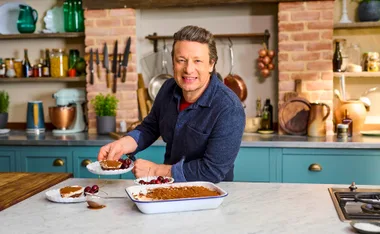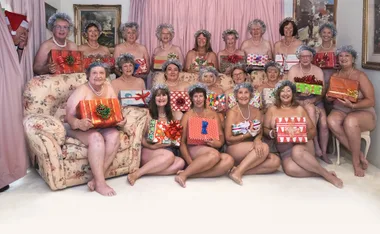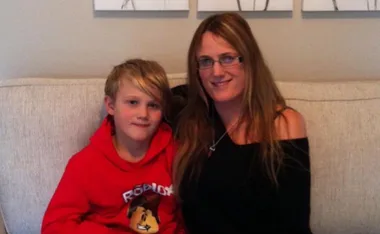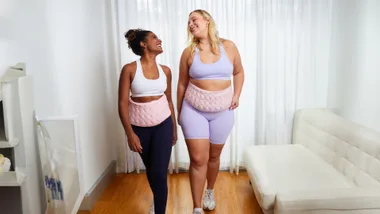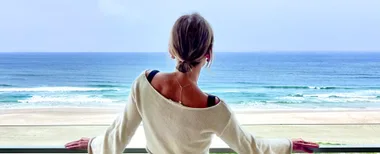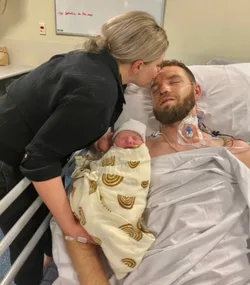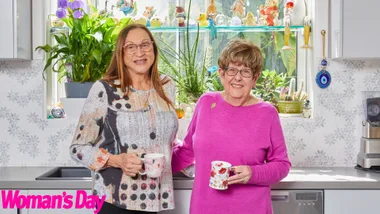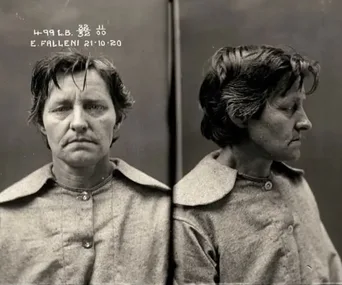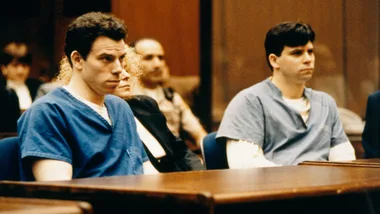As if the pictures of the royal baby at five weren’t creepy enough, artists have released photo fits of the unborn prince or princess at 25.
Nickolay Lam and Nikolett Mérész from myvouchercodes.co.uk teamed up with Harvard MIT geneticist Jenny Chen to create lifelike pictures that show what William and Kate’s baby would look like as a young adult.
Based on years on genomics research, Chen advised the artists which traits the royal baby is likely to inherit from its royal parents, and how those traits will express themselves as the child ages.
Eyes
The baby is 50 per cent likely to have blue eyes, and less likely to have brown or green eyes. William has blue eyes, which means he has two blue eye genes, while Kate has green eyes, which means she has one blue eye gene and one brown eye gene. If the baby gets the blue eye gene from each parent, it will have blue eyes. If it gets Kate’s brown eye gene instead, it will have brown or green eyes as the brown gene is dominant. When it comes to the shape of the eye, the baby will have Kate’s almond variety, as this is dominant over William’s round shape.
Hair
Dark hair is dominant over blonde hair, so the baby will likely have brunette locks. There is only a 12.5 per cent chance of the baby having blonde hair like William’s. It’s hair is also likely to be wavy or curly as that hair is dominant over straight hair.
Face
Kate and William both have oval faces and straight hairlines so their children will have the same traits. When it comes to chins, prominent chins are more dominant, so the child will likely inherit Kate’s.
Nose
The royal baby will likely inherit William’s prominent hook-shaped “royal nose” shared by Prince Philip, Prince Charles and Prince Harry. The prevalence of this nose in the family suggests it is dominant and any children of William’s would likely have it.
Lips
William and Kate both have broad lips, so any child of theirs would likely have similarly full lips.
Eyebrows
William and Kate share similar broad eyebrows, so it’s likely their children will too.
Skin tone
Darker skin is dominant over lighter skin so the baby is likely to share Kate’s olive complexion.


